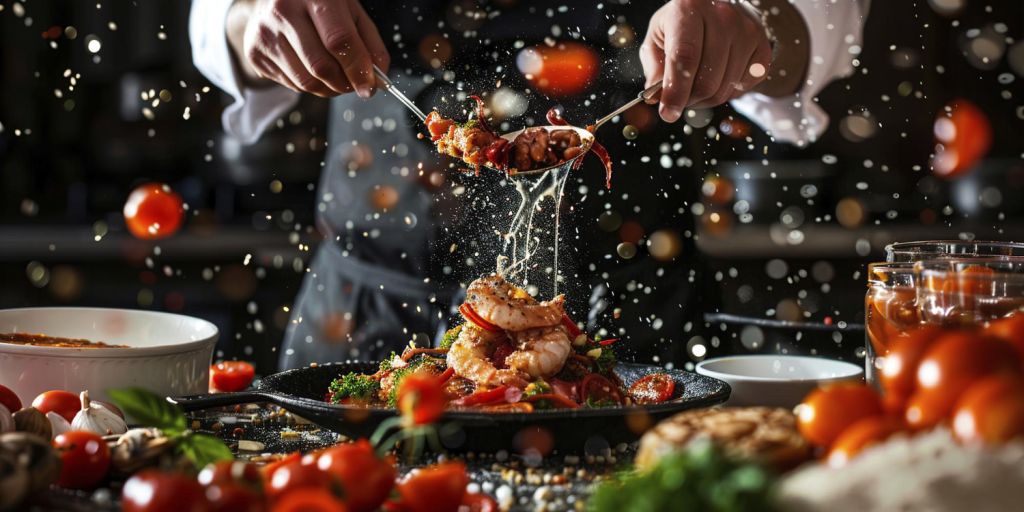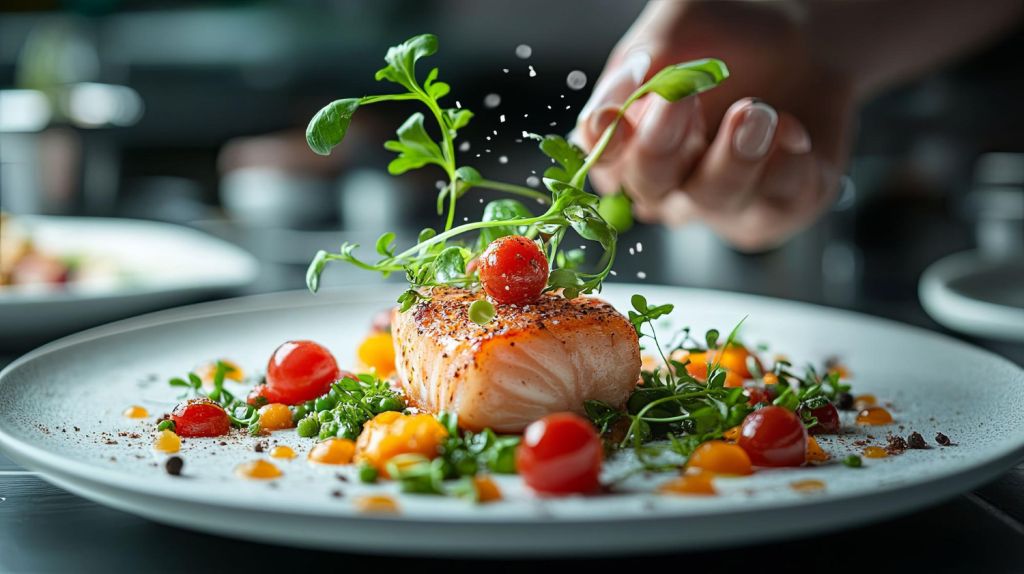Gastronomic Journeys: The Best Food Tours in Europe

Europe is a continent rich in history, culture, and diverse culinary delights. Every corner offers a unique blend of flavors, each with its own story to tell. Food tours have become an irresistible draw for those looking to experience a region’s true character, not just through its landmarks, but through its cuisine. This blog will take you on a delectable journey across Europe, exploring the best food tours that promise not only to satisfy your appetite but also to enrich your travel experience.
The Rise of Food Tourism
Food tourism has seen an unprecedented surge in recent years. More travelers are prioritizing food experiences over traditional sightseeing. According to the World Food Travel Association, 93% of travelers can now be considered “food travelers.” This trend reflects a growing desire to connect with destinations on a deeper level, experiencing local cultures through their culinary offerings.
Statistics show that food travelers spend more on dining than any other travel expense, including accommodations. This shift in priorities highlights the importance of food as a central travel component. Culinary tours offer a structured way to explore this aspect, combining exploration with education. They provide insights into local food production, history, and techniques, offering a comprehensive cultural experience.
The rise of social media has also played a significant role in popularizing food tourism. Platforms like Instagram ha ve turned dining experiences into visual stories that captivate a global audience, inspiring more people to seek out these experiences for themselves.
Top Food Tours in Europe
Europe boasts an impressive array of food tours, each offering a unique taste of its respective region. Here are some of the top picks that promise an unforgettable culinary adventure:
1. Paris Pastry and Chocolate Tour, France: This tour takes you through the charming streets of Paris, known for its exquisite pastries and chocolates. Indulge in sweet delights while learning about the art of French patisserie.
2. Truffle Hunting in Tuscany, Italy: Experience the thrill of hunting for truffles in the picturesque Tuscan countryside, guided by experts and their trained dogs. The tour culminates in a gourmet meal featuring the prized truffle.
3. Tapas and Wine Tasting in Barcelona, Spain: Explore Barcelona’s vibrant food scene with a tapas and wine tour. Sample authentic Spanish tapas paired with carefully selected wines, all while discovering hidden gems in the city.
4. Cheese and Beer in Brussels, Belgium: Belgium is famous for its beer and cheese, and this tour offers a perfect pairing. Visit traditional breweries and cheese shops, tasting local specialties along the way.
5. Nordic Food Adventure in Copenhagen, Denmark: Discover the innovative Nordic cuisine with a tour that highlights the fresh, seasonal ingredients of Denmark. From street food to Michelin-starred restaurants, this tour offers a comprehensive culinary experience.

Benefits of Food Tours
Food tours offer more than just a chance to eat delicious food. They provide a gateway to understanding a culture through its culinary traditions. By participating in a food tour, travelers gain access to authentic experiences that might not be available to the average tourist.
One of the key benefits is the opportunity to learn from local experts. Guides often share insights into the history and preparation of dishes, enriching the overall experience. This educational aspect makes food tours both enjoyable and informative.
Another advantage is the chance to meet fellow food enthusiasts. These tours often attract like-minded individuals, creating a sense of community among participants. Sharing meals and experiences with others enhances the enjoyment and can lead to lasting friendships.
Planning Your Gastronomic Journey
Planning a food tour in Europe requires some preparation to ensure a seamless experience. Start by researching different tours to find one that aligns with your tastes and interests. Consider factors such as the duration, group size, and included activities when making your decision.
Budgeting is an important aspect of planning. Set aside funds not only for the tour itself but also for additional meals and experiences that may arise. Food tours can range from budget-friendly to luxury, so choose one that fits your financial plan.
Packing appropriately is also crucial. Comfortable clothing and footwear are essential for walking tours. Additionally, consider bringing a reusable water bottle and a small notebook for jotting down notes or recommendations.
Personal Stories
Real-life stories add depth and authenticity to the experience of food tours. Take Sarah, a traveler from New York, who embarked on a tapas tour in Barcelona. She recalls the vibrant atmosphere and the joy of discovering new flavors with fellow food lovers. Sarah’s experience highlights the social and cultural connections forged through shared culinary experiences.
Another traveler, David from Sydney, shares his truffle hunting adventure in Tuscany. Guided by a local expert, he learned about the intricate process of harvesting truffles and enjoyed a meal that celebrated the region’s culinary heritage. David’s story emphasizes the hands-on learning and appreciation of local traditions.
These personal accounts demonstrate the diverse and enriching experiences that food tours offer. They provide insight into the potential for meaningful interactions and lasting memories.
Beyond the Tour Exploring Culinary Europe
For those who wish to continue their gastronomic adventure beyond the tour, Europe offers countless opportunities to explore local cuisine independently. Start by visiting traditional markets, which offer a glimpse into the daily life and food culture of a city. These markets are treasure troves of fresh produce, specialty foods, and local delicacies.
Consider dining at family-run restaurants or cafes that may not be part of the tour. These establishments often offer authentic dishes and a chance to interact with locals. Ask for recommendations from your tour guide or fellow travelers for hidden gems worth exploring.
Participate in cooking classes to gain hands-on experience in preparing local dishes. These classes allow you to take home valuable skills and recipes that can be shared with family and friends. It’s a wonderful way to extend your culinary adventure and bring a piece of your travels back home.
Conclusion
Food tours in Europe offer a unique and immersive way to explore the continent’s diverse culinary landscape. By participating in these tours, travelers gain a deeper understanding of local cultures, forge connections with fellow food enthusiasts, and create lasting memories.
If you’re ready to embark on your own gastronomic adventure, start by researching the available tours and selecting one that aligns with your interests. Remember to plan your itinerary, budget accordingly, and pack wisely for an enjoyable experience.
Have you already experienced a food tour in Europe? Share your stories and insights in the comments below. For those still dreaming of their culinary adventure, feel free to ask questions or seek recommendations. Your next delicious discovery awaits!


